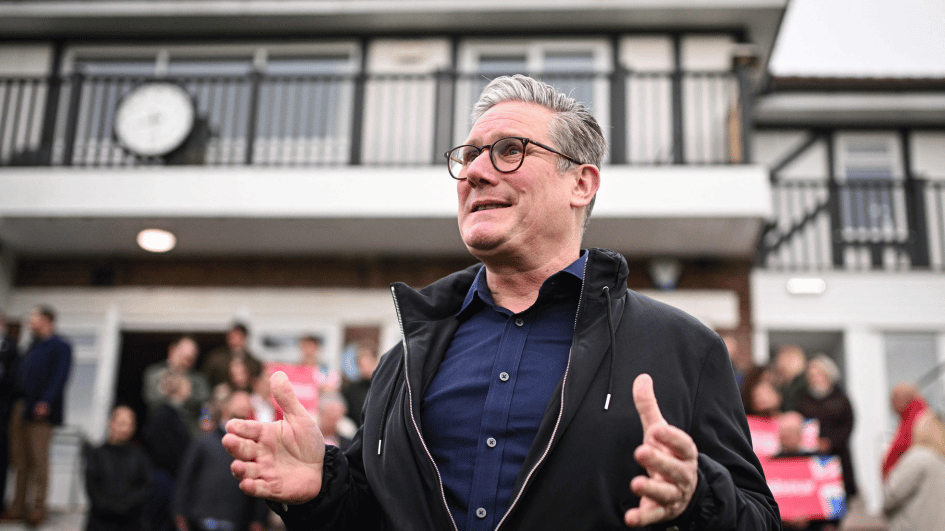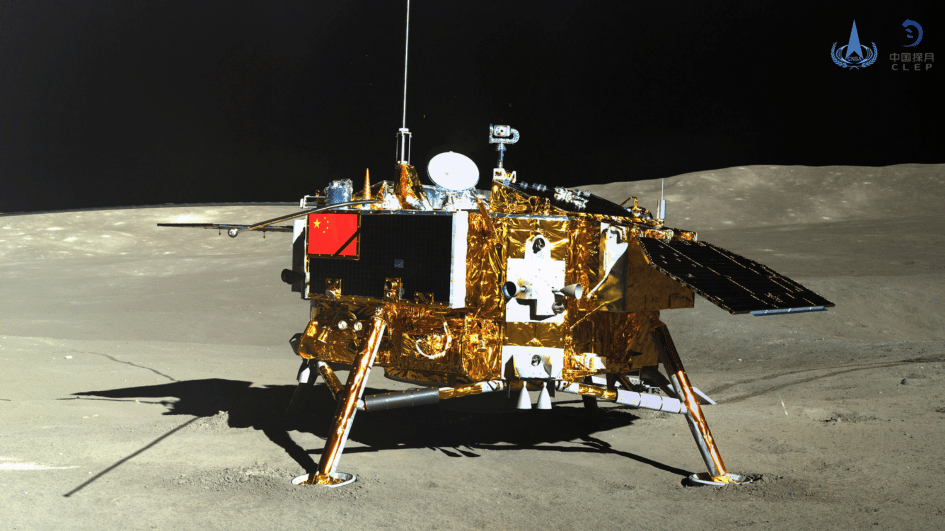Much more than a cease-fire
It was not only a call for a cease-fire as international news organizations reported yesterday about the call of Abdullah Öcalan, the imprisoned leader of the outlawed Kurdistan Workers’ Party (PKK) which was read to hundreds and thousands of his followers in Diyarbakır ‘Nevruz’ place on March 21. It was not only laying the arms off, too. It was about a call to bid farewell to arms, a call to give an end to the guerilla warfare the PKK has been waging since 1984, which claimed some 40 thousand lives so far.
Tha call to give an end to armed struggle and enter a new ‘democratic politics’ phase in the letter is highlighted in the text as published by PKK affiliated Fırat News Agency as “Let the weapons be silenced now and let ideas and policies speak up”, in quotation marks. There is a reason why only this sentence was written in quotation marks, because it doesn’t belong to Öcalan. The sentence belongs to Turkish Prime Minister Tayyip Erdoğan who keeps repeating it for the last two years the last one being last tuesday in an address to his ruling Justice and Development Party (AK Parti) deputies in the Parliament. Öcalan who has spent his last 14 years in a cell a bit more than 11 square meters wants to underline the message with a direct quote from Erdoğan in order to demonstarte him that there is a base to take more steps.
There are some other important details in the letter.
In one of them, he says “Today we wake up to a new Turkey, a new Middle East and a new future”. Any thing missing? For his dedicated followers there is; he did not mention the words ‘Kurdistan’. The ‘K’ word is used only once in the letter in the context of a geographical description like ‘Anatolia’, not as a political entity. But the original aim of Öcalan when he established the PKK in 1978 and started his armed campaign in 1984 was to carve out an independent Kurdish state from the territories of Turkey, Iran, Iraq and Syria where Kurds mostly live. To be frank, before he got captured in 1999 in a joint Turkish-US intelligence operation he had started to talk about a ‘federation’ rather than independence. During his trials which ended up in aggrevated life sentence, he started talking about a ‘democratic republic’ in which Kurdsa should have separate group rights. Now it seems the target of a Kurdish political entity is no more there but a ‘modernist democracy’ has taken its place.
Another detail is his mention of ‘Misak-ı Milli’ or the National Pact which is considered as the unity of the nation within its existing borders. That is the last decisiion of the Turkish Parliament under Ottoman rule in İstanbul in 1920 before being reastablihsed in Ankara by the Kemalist forces. In daily language it is used to describe the borders, but actually it means the borders before the 1926 agreement which drew the borders with Iraq and Syria. In his second mention of ‘Misak-ı Milli’, Öcalan implies the regions of Iraq and Syria in which Kurds, Arabs, Turcomans and Assyrians live, which tells us that he never gives up designing projects going beypond realpolitik. But it worths making a note since this letter has been seen by the government before being read and televised to masses on Nevruz, which is regarded as the beginning of a new year or the new age.
Öcalan said his call, which came after months long talks between him, Hakan Fidan as Turkey’s National Intelligence Organizationb (MİT) chief and the members of parliament from the Kurdish problem focused Peace and Democracy Party (BDP) was ‘Not an end, but a beginning’.
Erdoğan considered Öcalan’s call as ‘positive’ and said that once the PKK militants will leave their arms, there will no more be any military operations, too.
Having passed the Nevruz treshold safe and sound now there is lot for both the government and the PKK to do. A series of confidence building measures will appearently be needed in order to bring an end to a painful time for Turkey.











